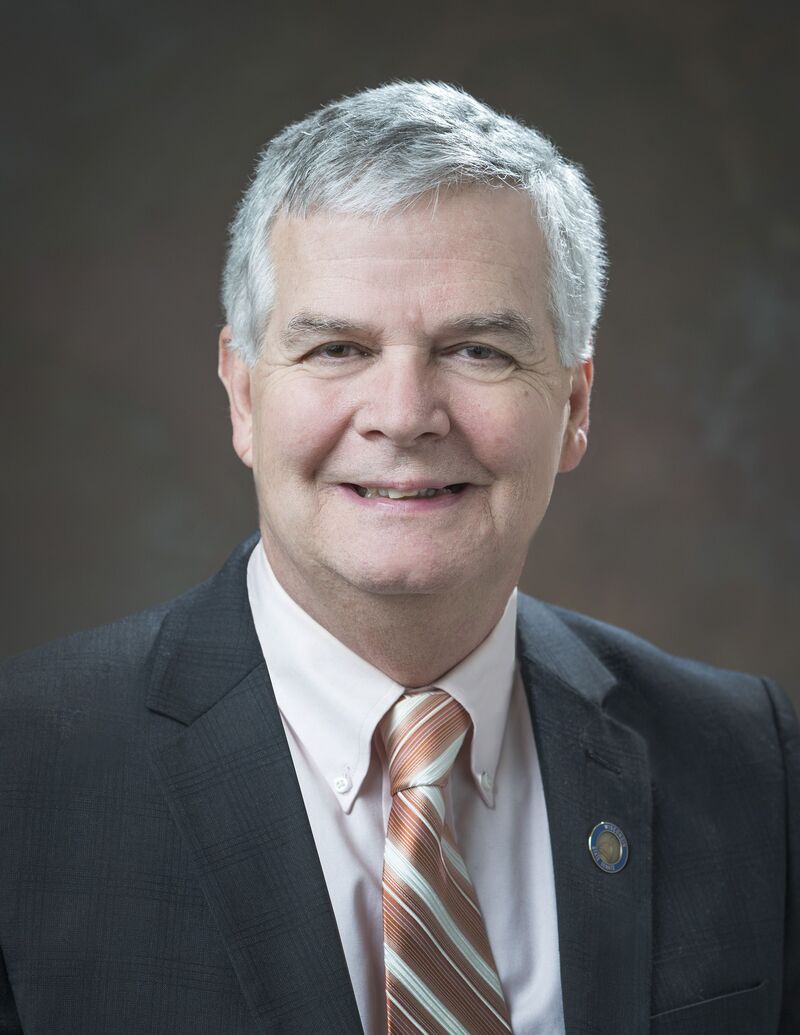Americans are skeptical about our political system, and I can’t blame them. Having been elected to the Wisconsin State Senate eight years after leaving the Assembly in 2010, I personally see how politics have changed. Americans recognize this dysfunction and they’ve grown frustrated from it.
I hear this frustration when I’m listening to the people of western Wisconsin. My constituents see lawmakers with little appetite for bipartisan compromise; they don’t feel like their elected leaders are looking out for their best interests. When Wisconsinites feel disconnected from their leaders, they become disengaged from the political process altogether. This must change.
We have an opportunity to restore faith in our leaders and optimism that our democratic republic works. How, do you ask? It starts with Final-Five Voting.
Our current process is broken. Oftentimes the most important election for Congressional districts are the primaries. With that being the case, it pushes a candidate or the representative further to the right or left to appease their base, rather than what’s best for the general public, and they’re unwilling to compromise.
Final-Five Voting for U.S. Senate and Congressional elections will help change that. Earlier this year, I introduced legislation with Sen. Kooyenga (R-Brookfield), Rep. Kurtz (R-Wonewoc) and Rep. Riemer (D-Milwaukee) to establish this process. There are two key changes, and here’s how it works: first, all Congressional candidates run on a single ballot, regardless of party affiliation. Currently, in a primary election, a voter must choose to only vote on a Republican or Democratic portion of his or her ballot. Under the Final-Five model, all candidates are listed together. Voters then select their favorite candidate. When the votes are tallied, the top-five candidates advance to the general election, no matter which party they represent.
The second key change happens during the general election, when voters are asked to rank their choices of the top-five. Voters pick their favorite, just like always. If they want to, they can pick their second choice, third choice, and so on using a ranked-choice voting ballot. The first-place votes are then counted. If one candidate gets 50% of the vote, the election is over and that candidate wins.
If no candidate gets a majority of the vote, the votes are counted again once the last-place candidate is eliminated. If your first-choice candidate was eliminated in the first round, your single vote is transferred to your second-choice. This method repeats until one candidate gets over 50%, which could happen in the second round or after four rounds.
Using the top-five primary and ranked choice general election is a proven method that encourages participation by both voters and candidates. While Final-Five is a new initiative, Alaska has already adopted a similar version of this concept; Maine and many municipalities have begun implementing ranked choice voting on a smaller scale.
Final-Five Voting is about making our government more effective. With change like this, candidates must be more responsive to voters from the start. During a primary and even the general election with the Final Five model, candidates can’t afford to spend their resources bashing other candidates or their ideas because they may need to be their rival supporters’ second or third choice.
This type of reform will encourage more civil and constructive campaigns and a discourse of diverse ideas, while being less about pushing the most divisive agendas. In addition, those who are elected must still work hard with their colleagues to produce results for their constituents. While voters get more engaged, decent citizens may even feel more compelled to put their name on the ballot.
People just want to be heard. I do my best to get out and meet people where they’re at, so I can listen and learn from them. I wish more elected officials did this, but that’s why I think Final-Five will help. The candidates–and the elected representative–will focus on you, the citizen, instead of their political party and special interests. After all is said and done, the winners really will be the voters.



Add new comment